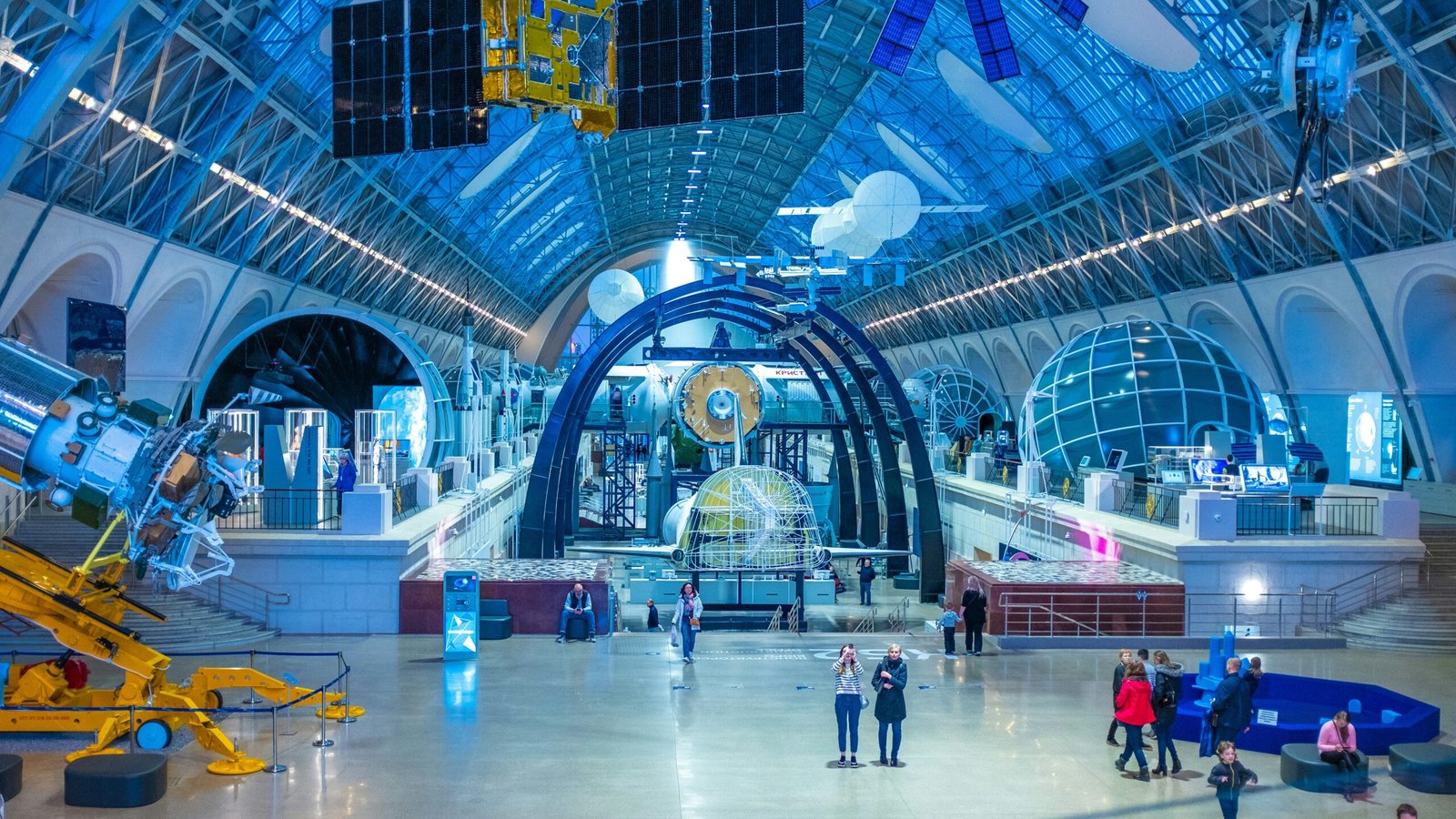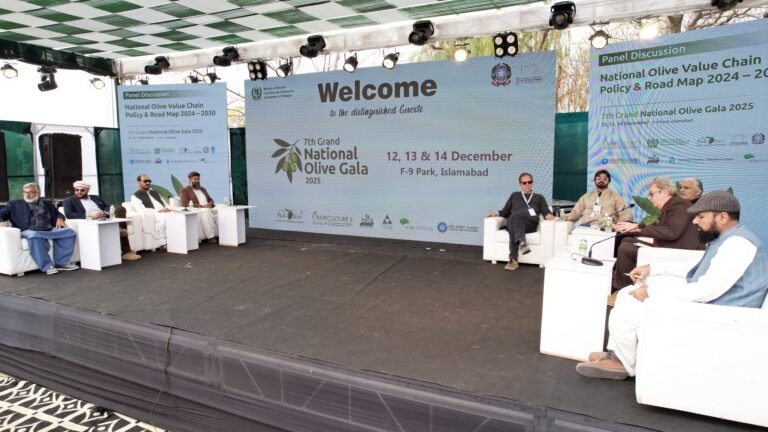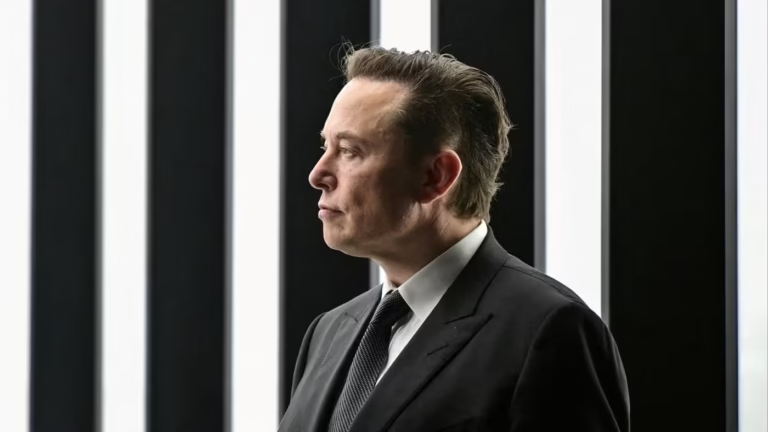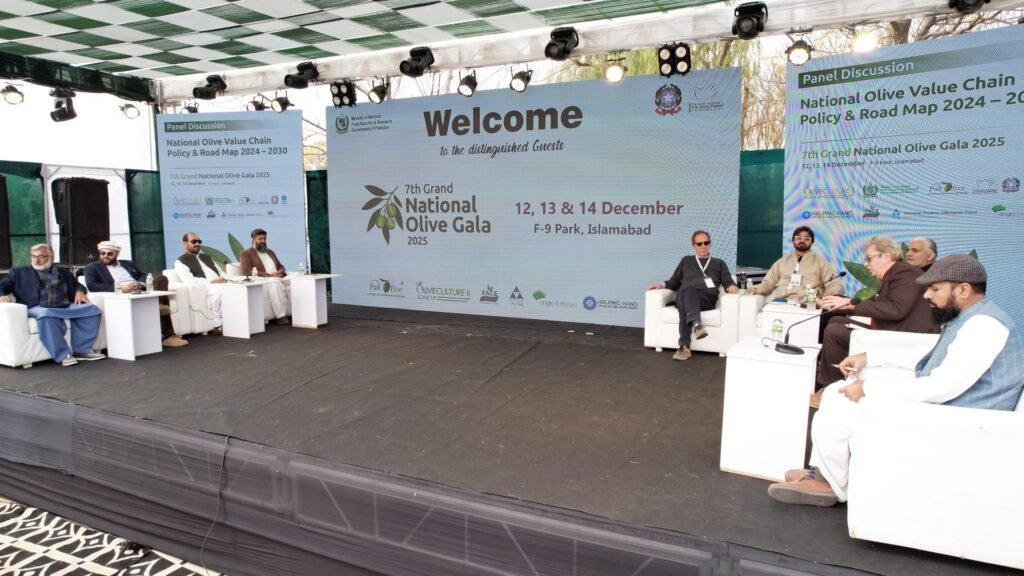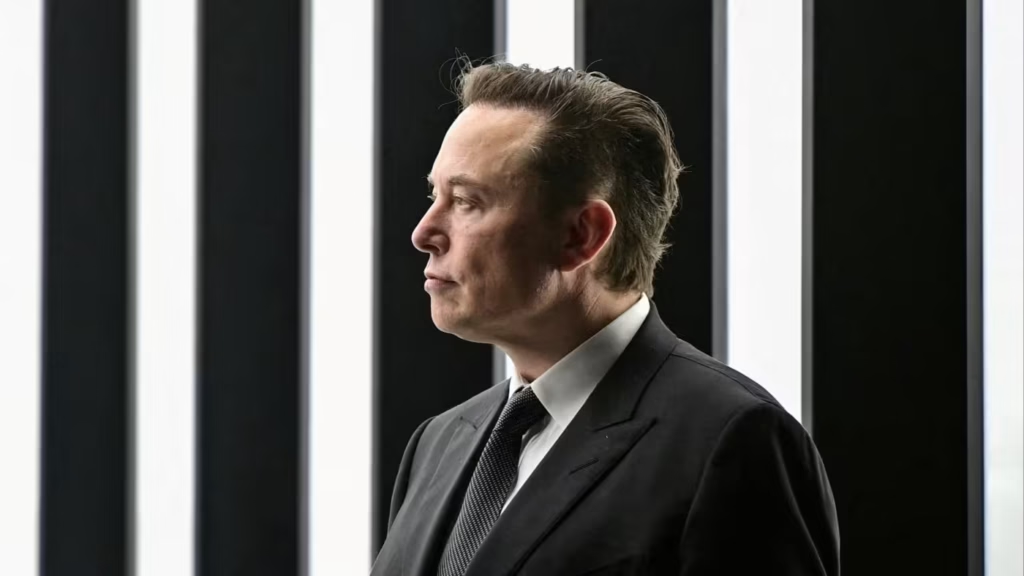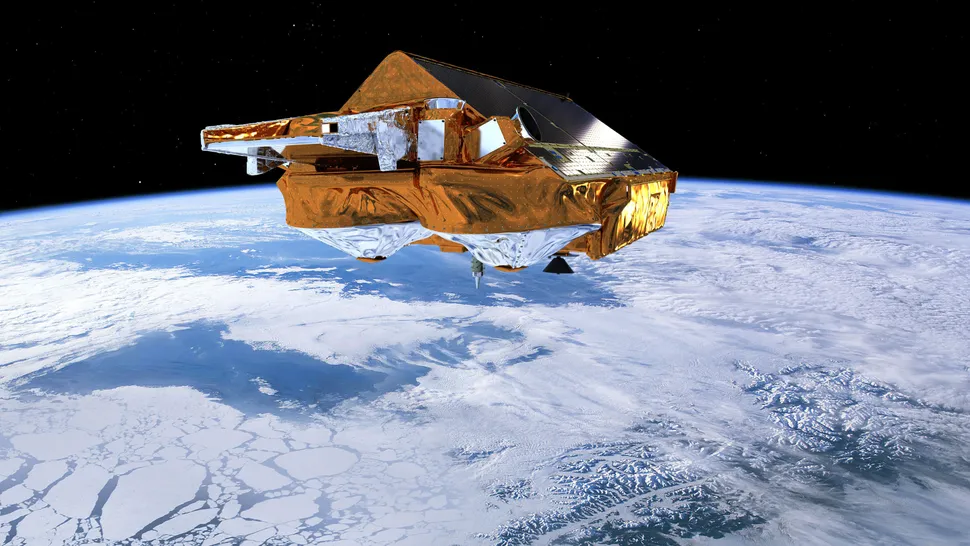In a groundbreaking move, top universities in Pakistan have launched space science degree programs to meet the rising demand for skilled professionals in space exploration, astrophysics, and satellite technology. This progressive step marks a significant milestone in the country’s ambition to grow its presence in the global space sector and invest in future scientific talent.
Growth of Space Education in Pakistan
As institutions like SUPARCO expand their space initiatives, universities are now aligning their academic efforts accordingly:
- Leading institutions such as IST, NUST, and Punjab University have introduced specialized bachelor’s and master’s degrees in space science, aerospace engineering, and satellite systems.
- Programs include studies in theoretical astrophysics, planetary science, remote sensing, and practical satellite design.
- Active collaborations with global space research bodies are being encouraged to enhance learning and innovation.
Today, space science education in Pakistan is not just an academic option—it is a national strategic priority focused on technological advancement.
Goals Behind the Launch of Space Science Degree Programs
These new degree programs serve several forward-thinking objectives:
- Skilled Workforce: To prepare local experts for roles in Pakistan’s evolving space sector.
- Research Leadership: Promote advanced studies in orbital mechanics, cosmology, and Earth observation.
- Mission Participation: Equip students to contribute to upcoming satellite and space exploration projects.
- Global Visibility: Help graduates become part of international research and development in aerospace.
Pakistan’s aerospace engineering programs are expected to strengthen both academic capacity and industrial innovation.
Structure and Course Highlights
The new space science degree programs typically offer:
- Core subjects such as satellite systems, rocket propulsion, astronomy, and astrophysics.
- Practical experience through labs that focus on satellite fabrication, telescope operation, and simulation of space missions.
- Internships and hands-on training opportunities at SUPARCO and with international space agencies.
- Research projects aimed at solving local issues using space technology—such as agriculture monitoring, climate change, and disaster response.
Graduates will emerge with strong technical knowledge and hands-on skills essential for success in future aerospace roles.
Impact on Pakistan’s Space Vision
These programs are a key part of Pakistan’s broader space ambitions:
- Boosting national capability in satellite development and mission planning.
- Supporting the goal of launching indigenous communication and weather satellites.
- Encouraging private investment in the local aerospace and space tech sectors.
- Sparking innovation and curiosity among younger generations.
Pakistan’s space research initiatives will likely accelerate as these academically trained experts begin contributing to national and global efforts.
A Visionary Leap Toward the Future
The launch of space science degree programs in Pakistan marks a bold and visionary shift in education. It reflects the country’s growing recognition that future success lies in scientific discovery, innovation, and self-reliance.
As more students enroll in space-related fields, Pakistan is not just aiming to observe the cosmos—it’s preparing to explore it.

